The remote and enigmatic Easter Island, known for its towering stone Moai statues, has long been a magnet for travelers seeking to uncover its mysteries. But as visitor numbers surged in recent years, the island’s Indigenous Rapa Nui people grew increasingly vocal about the strain tourism placed on their land, culture, and resources. Now, after years of protests and negotiations, the Chilean government has agreed to impose stricter limits on tourism in a move that marks a significant victory for the island’s residents.
For decades, Easter Island—or Rapa Nui, as it is known to its native inhabitants—has struggled to balance its economic reliance on tourism with the need to preserve its fragile ecosystem and cultural heritage. The island, a UNESCO World Heritage Site, sees tens of thousands of visitors annually, many of whom arrive on cruise ships or flights from mainland Chile. The influx has led to overcrowding, environmental degradation, and growing resentment among the Rapa Nui, who argue that their voices have been ignored in decisions affecting their homeland.
"We are not against tourism, but we are against uncontrolled tourism," said a local activist who has been involved in the protests. "This island is our home, and we must protect it for future generations." The sentiment echoes widely among the Rapa Nui, who have staged demonstrations, blocked access to key sites, and even threatened to close the island entirely unless their demands were met.
The Chilean government, which administers the island as a special territory, initially resisted calls for stricter regulations, citing the economic benefits of tourism. However, mounting pressure from the Rapa Nui community and international observers forced officials to reconsider. In a recent agreement, authorities pledged to reduce the number of annual visitors, impose stricter entry requirements, and grant the Rapa Nui greater autonomy in managing their land and cultural sites.
One of the most contentious issues has been the presence of large cruise ships, which disgorge thousands of passengers onto the island in a single day. These visitors often stay for only a few hours, contributing little to the local economy while overwhelming infrastructure and sacred sites. Under the new measures, cruise ship arrivals will be capped, and passengers will be required to obtain permits before disembarking. Additionally, the government has agreed to invest in sustainable tourism initiatives that prioritize the needs and traditions of the Rapa Nui people.
The decision has been met with cautious optimism by island residents, many of whom see it as a first step toward reclaiming control over their ancestral land. "This is not just about limiting tourists—it’s about respecting our rights," said a community leader. "For too long, decisions about Rapa Nui have been made in Santiago, not here. Now, we finally have a say."
Critics, however, warn that the new restrictions could harm the island’s economy, which depends heavily on tourism revenue. Small business owners, particularly those in the hospitality sector, fear that fewer visitors will mean fewer jobs and reduced income. Some have called for a more balanced approach that protects the island’s heritage without stifling economic growth.
Despite these concerns, the Chilean government appears committed to its new policy. Officials have emphasized that the long-term preservation of Easter Island’s cultural and natural treasures must take precedence over short-term profits. "We cannot allow Rapa Nui to become a victim of its own beauty," said a high-ranking minister involved in the negotiations. "Sustainable tourism is the only way forward."
The changes come amid a broader global reckoning about the impacts of mass tourism on fragile destinations. From Venice to Machu Picchu, popular sites are grappling with how to manage overcrowding while maintaining accessibility. Easter Island’s struggle—and its partial victory—may serve as a model for other communities fighting to protect their heritage from the pressures of unchecked tourism.
For now, the Rapa Nui people are watching closely to ensure that the government follows through on its promises. The road ahead remains uncertain, but for the first time in years, there is hope that the island’s future will be shaped by those who call it home.

By Emily Johnson/Apr 11, 2025
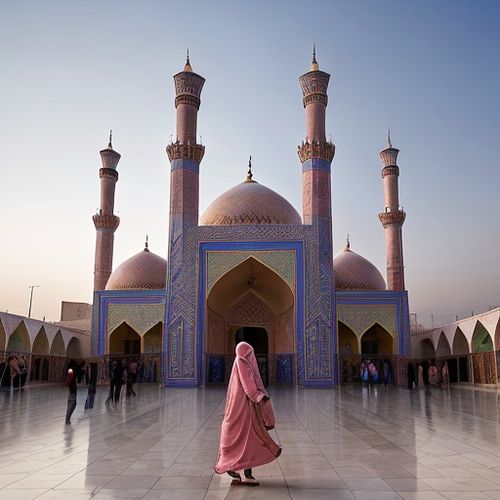
By William Miller/Apr 11, 2025

By Benjamin Evans/Apr 11, 2025
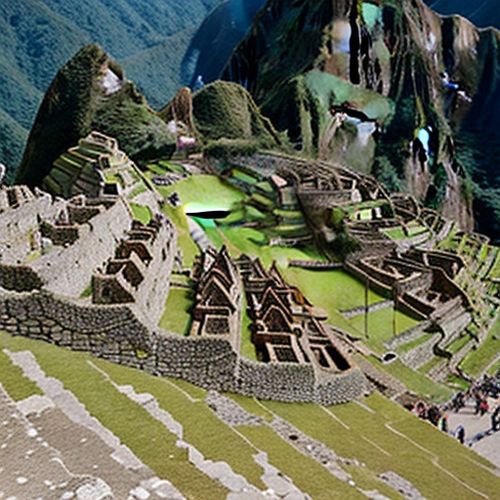
By Grace Cox/Apr 11, 2025
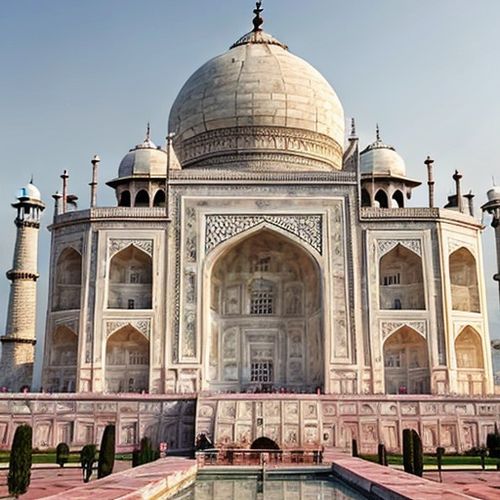
By Amanda Phillips/Apr 11, 2025
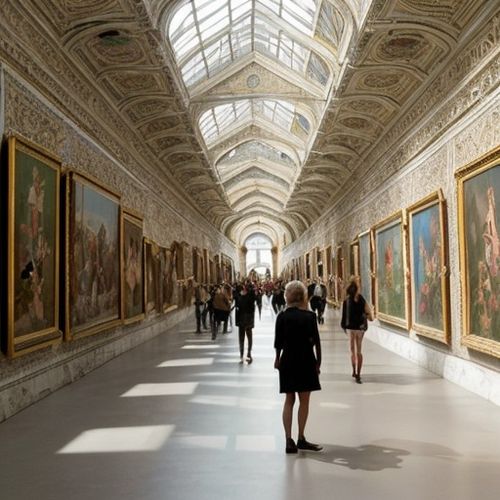
By James Moore/Apr 11, 2025
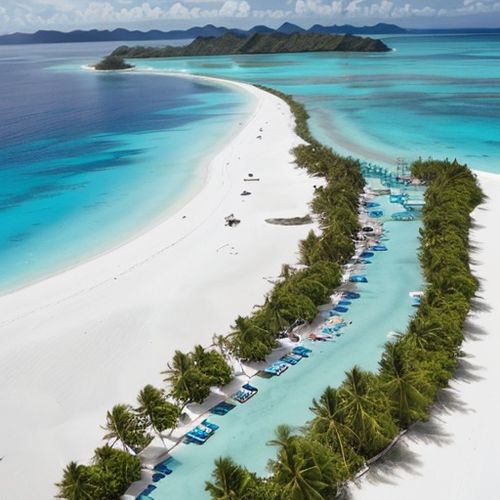
By Natalie Campbell/Apr 11, 2025
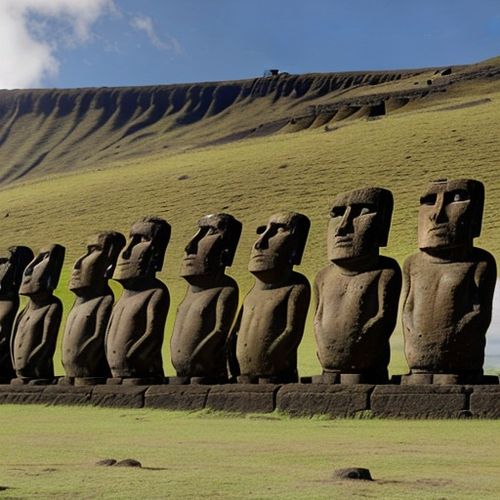
By Eric Ward/Apr 11, 2025
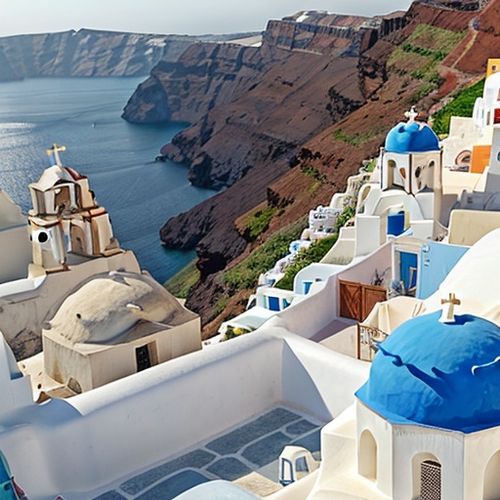
By James Moore/Apr 11, 2025

By Emily Johnson/Apr 11, 2025
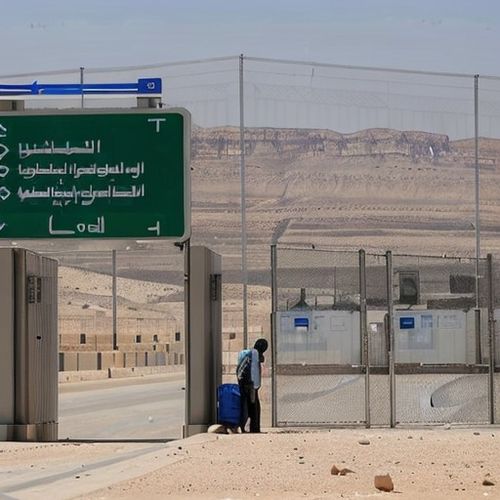
By Christopher Harris/Apr 11, 2025

By Michael Brown/Apr 11, 2025
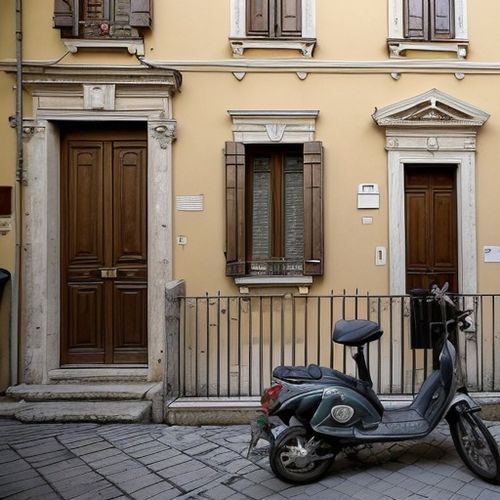
By Rebecca Stewart/Apr 11, 2025
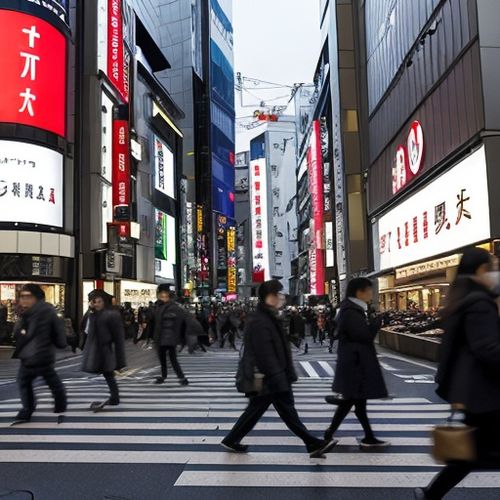
By John Smith/Apr 11, 2025
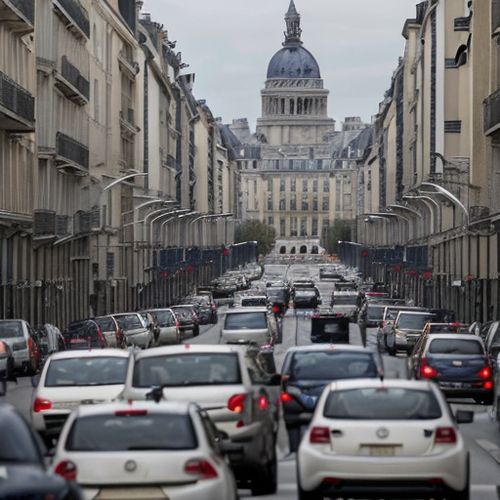
By Natalie Campbell/Apr 11, 2025
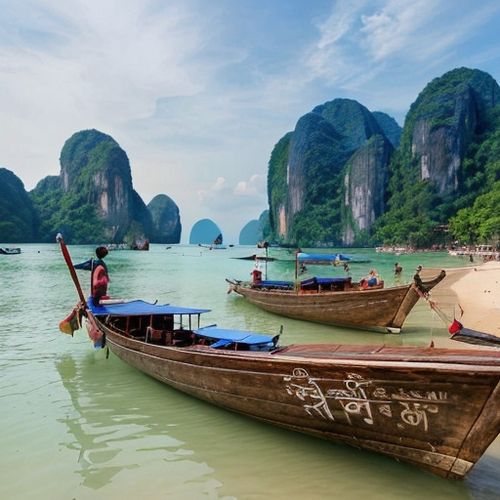
By Emily Johnson/Apr 11, 2025
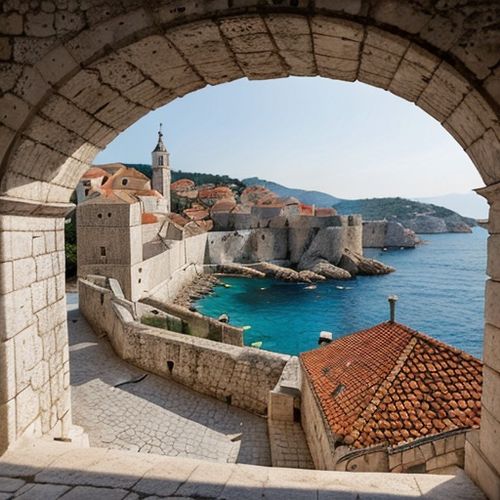
By John Smith/Apr 11, 2025

By Michael Brown/Apr 11, 2025
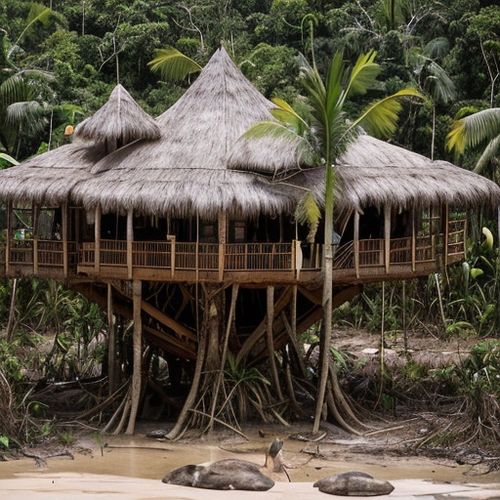
By Amanda Phillips/Apr 11, 2025
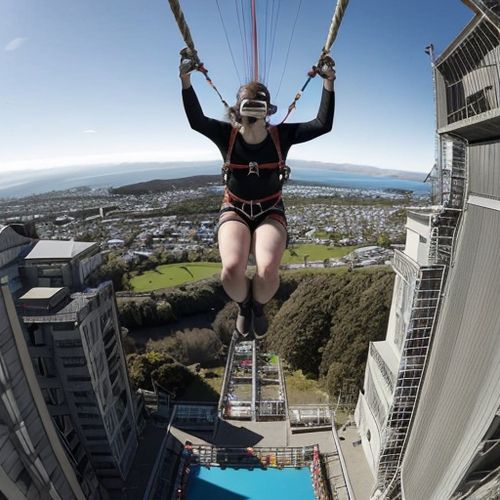
By Joshua Howard/Apr 11, 2025